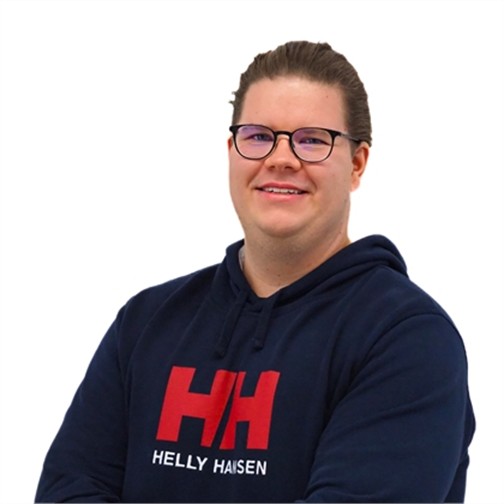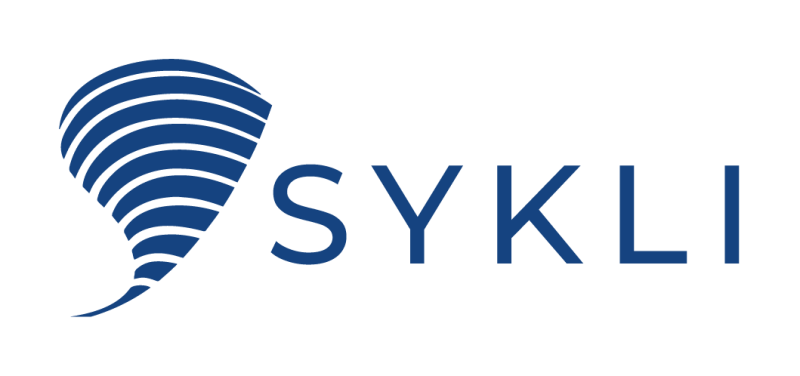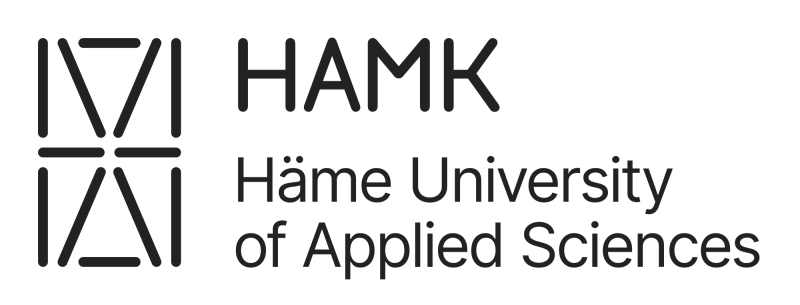The energy efficiency of buildings can be developed with intelligence

The project initiated at HAMK focuses on improving the energy efficiency of public properties in Kanta-Häme, including school and office buildings. The project develops intelligent control using data and digitalization, allowing property managers to optimize air conditioning and heating to the optimal level, saving costs and the environment.
DaKiVE (Data utilization for the development of energy efficiency and low carbon of the real estate) project develops intelligent controls for public properties in the cities of Hämeenlinna, Forssa and Riihimäki. In practice, smart controls mean the automatic control of properties based on data, which can be used to adjust e.g. lights, temperature and air conditioning of the properties to an optimal level.
In the project, practical pilots, based on needs will be implemented in the cities of Forssa and Riihimäki. The project will also participate in the implementation of a system for energy and indoor air condition management in Hämeenlinna. From the pilots in the development of intelligent controls, the current state of the buildings is collected and analyzed to identify, the needs there are when increasing the energy efficiency of public buildings. One of the project results will enable the large-scale utilization of intelligent controls in the entire Tavastia Proper, and leading companies in the field nationwide will also be involved in this development work. Project enables alo development of services offered by companies, e.g. based on the energy saving needs of public buildings. Collaboration and the development of intelligent controls create an ecosystem in the field, where the goal is long-term development.
The project will also implement a digital, i.e. virtual twin, to which the project’s pilots from Riihimäki and Forssa will be connected, as well as the project’s main implementer, HAMK’s own properties. Analyses, visualizations and simulations can be made in connection with the data exported to the digital twin. Visualizations can be, for example, graphic presentations of energy consumption. Analyzes are used to determine how the system can be controlled in a different way in order to optimize energy consumption. In the digital world, analyzes can be simulated and the operation of the controls can be verified before they are implemented in the real environment. The purpose of the digital twin is to carry out development work to create new services and innovations.
The DaKiVE project is an excellent opportunity for companies in the field to develop their own services and offer those at a later stage, for example to administrators of public properties.
-Project Manager Atte Partanen
The project creates new expertise, helps in the development of intelligent control services and promotes energy efficiency in public buildings. Information about the project’s results, opportunities, challenges and good practices is collected and published on the project’s website.
The project is co-financed by the European Union and will be implemented from 1 October 2023 to 30 September 2025.
More information




